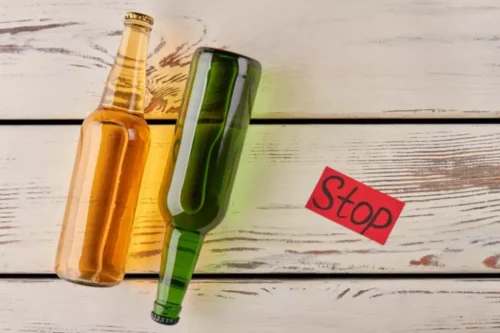
By addressing these underlying factors, individuals with co-occurring narcissism and alcoholism can receive comprehensive care. Narcissistic personality disorder (NPD) and alcohol use disorder (AUD) are closely linked and can occur together as a dual diagnosis. NPD increases the risk of alcohol misuse as a means to escape difficult emotions. While diagnosis and treatment can be challenging, studies have shown that the successful treatment of a mental illness can lead to alcohol recovery in two out of every three cases. This approach recognizes that the person is dealing with both a mental health disorder and a substance use disorder simultaneously, such as in the case of alcoholic narcissists.
Health Products

Medications like Campral, Topamax, and Revia have greatly improved AUD recovery rates. The treatment of NPD and AUD should ideally be delivered simultaneously, especially if there is Halfway house severe addiction or depression. With that said, there are challenges to delivering appropriate care for the dual diagnosis. By way of example, a person must meet five of nine possible criteria for NPD to be diagnosed, ranging from grandiosity to a lack of empathy.
Grandiose and Vulnerable Narcissism and Alcohol Outcomes

If you or someone you know is struggling with narcissism or alcoholism, it’s important to seek help from a mental health professional. Treatment may involve therapy, medication, and support groups, among other options. The current study explored the relationship between narcissism and alcohol use, alcohol-related problems, problem recognition, evaluation, and problem expectancies in a college covert narcissist alcoholic population. Grandiose and vulnerable narcissism differentially predicted all five of the outcomes. Recovery from the intertwined challenges of narcissism and alcoholism is possible but requires a multifaceted approach.
Healthy Coping Skills
- Narcissism is a personality trait expressed as selfishness, an extreme sense of entitlement, attention seeking, and a lack of empathy.
- Everybody can benefit from speaking with a therapist, regardless of whether they fit the criteria for a mental health condition.
- People with Alcohol Use Disorder (AUD), also known as alcoholism, can exhibit self-absorption and a desire for admiration, similar to those with Narcissistic Personality Disorder (NPD).
- Their own journey of sobriety since 2012 adds a personal touch to their work.
- Co-occurring disorders are substance use disorders and mental disorders that exist at the same time.
People with AUD or NPD might resist getting treatment or looking for help. It’s possible for people with AUD to successfully stop using alcohol when they have the right support and treatment. In both NPD and AUD, childhood trauma — including abuse and neglect — may be a risk factor. People who are genetically predisposed to experience unpleasant side effects of drinking are less likely to drink often, making AUD unlikely. If you think that you or a loved one has NPD or AUD, knowing the symptoms can help you better understand both conditions. For information about the terms governing the use of our website and how we handle data, please refer to our Terms of Use and Privacy Policy.
The Cycle of Narcissism and Alcoholism

According to the National Institute of Mental Health, 22.6% of people with a personality disorder also have a substance use disorder (SUD), which can include alcohol use. In fact, some research suggests that alcohol misuse might be more common among people who have narcissistic tendencies. Research suggests that narcissism is not caused by alcohol, but rather by other factors that occur during the early developmental period. For instance, research has shown that genetic predispositions can place a person at risk of NPD.
Can Alcohol Make Someone Narcissistic?
Whether it’s connecting you with the right therapist or supporting you through difficult times, we embrace you as part of our community. You could start by exploring peer support groups like Al-Anon that help families and loved ones living with people with AUD. You can also find narcissist abuse support groups, both online or in-person, through organizations like Help Within Reach. There are numerous other online support groups and chat rooms dedicated to loved ones living with alcoholism and NPD. You could start by engaging with a mental healthcare provider or treatment center that specializes in dual diagnoses.




